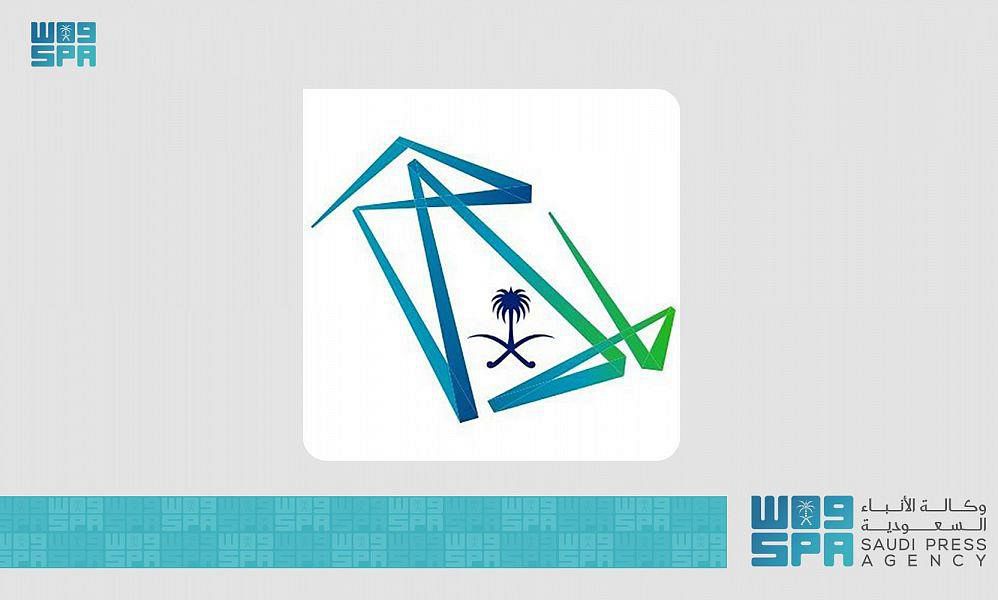
JEDDAH: A program of economic reforms launched in 2016, supported by the International Monetary Fund, succeeded in improving most macroeconomic indicators for the Egyptian economy — but further reforms are needed to tackle problems that remain on the supply side, experts say.
In a policy paper titled “Egypt beyond economic stabilization: The road to sustainable growth,” Trends Research & Advisory, an independent think tank in Abu Dhabi, states that such a step would enhance the economy’s efficiency and help achieve sustainable and inclusive growth.
“As the reform program reached its conclusion in November 2019, with significant improvement in containing domestic absorption and in some structural issues, challenges remain for sustainable and inclusive economic growth,” according to the paper’s authors.
They found that one of the areas in need of improvement is stimulation of domestic private investment and foreign direct investment in sectors other than energy. Other areas that require policy attention include privatization, human capital development, efforts to reduce red tape and inefficiency, and redefining the roles of the public and private sectors.
The researchers said that the IMF-backed program succeeded in improving almost all macroeconomic indicators for the Egyptian economy. Real GDP growth increased from 4.3 percent in 2015/16 to 5.5 percent in 2018/19 and was estimated to be 6 percent in the medium term.
“The unemployment rate declined from 12.7 percent in 2015/16 to 8.8 percent in 2018/19,” according to the report. “As for the inflation rate, the initial evaluation and adjustment of fuel prices led to a spike in it that reached 29.8 percent in 2016/17, but the prudent monetary policy that tackled the second-round effects led to a continuous decline of the inflation rate to 12.4 percent by the end of 2018/19.”
The study found that consolidation efforts succeeded in reversing a primary deficit of 3.5 percent of the GDP in 2015/16 to a primary surplus of 2.0 percent in 2018/19. This helped reduce the overall budget deficit from 12.5 percent of GDP to 8.2 percent.
In addition, Egypt’s ranking in the Global Competitiveness Index improved as a result of the 2016 reforms program, climbing to 93rd out of 141 countries in 2019 compared with 100th out of 137 countries in 2017/18.
One of the most important recommendations of the study was the introduction of CHEP as an integrated structural policy framework for enhancing the supply side of the Egyptian economy. This is a suggested framework covering four major areas: competitiveness improvement, human capital development, efficiency enhancement, and private sector participation.
To achieve sustainable and inclusive growth, the study recommends the development of a policy framework for enhancing the supply side of the economy, driven by improving Egypt’s global ranking in international economic indexes.
“These reforms should target the policies related to improving human capital, increasing the role of the private sector through enhancing privatization and encouraging public-private partnerships, removing the remaining distortions, cutting red tape, and working mainly on achieving significant improvements in Egypt’s global ranking in almost all components of the Human Development Index, the Doing Business Index, and the Global Competitiveness Index,” the researchers suggest.











